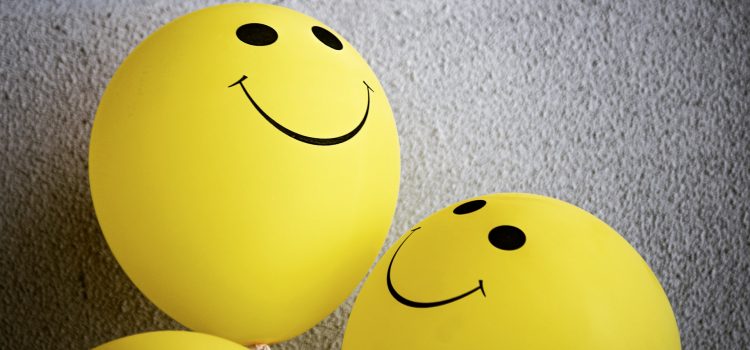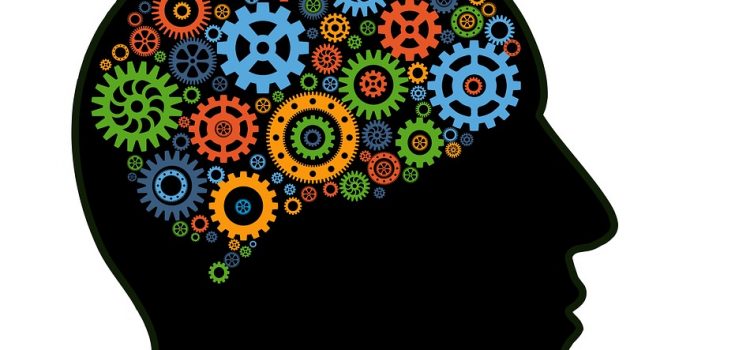Do you struggle to find the motivation to work on your goals? How can you get yourself to push forward when motivation runs low? Oftentimes, people think they want to achieve a certain goal, yet their behavior indicates otherwise. If you lack the drive and hunger to pursue a goal in spite of the obstacles, you must remind yourself on a regular basis why it’s worth persevering for. Here are some lessons on staying hungry for success.
How to Stay Hungry for Success: Think of Your “Why”










